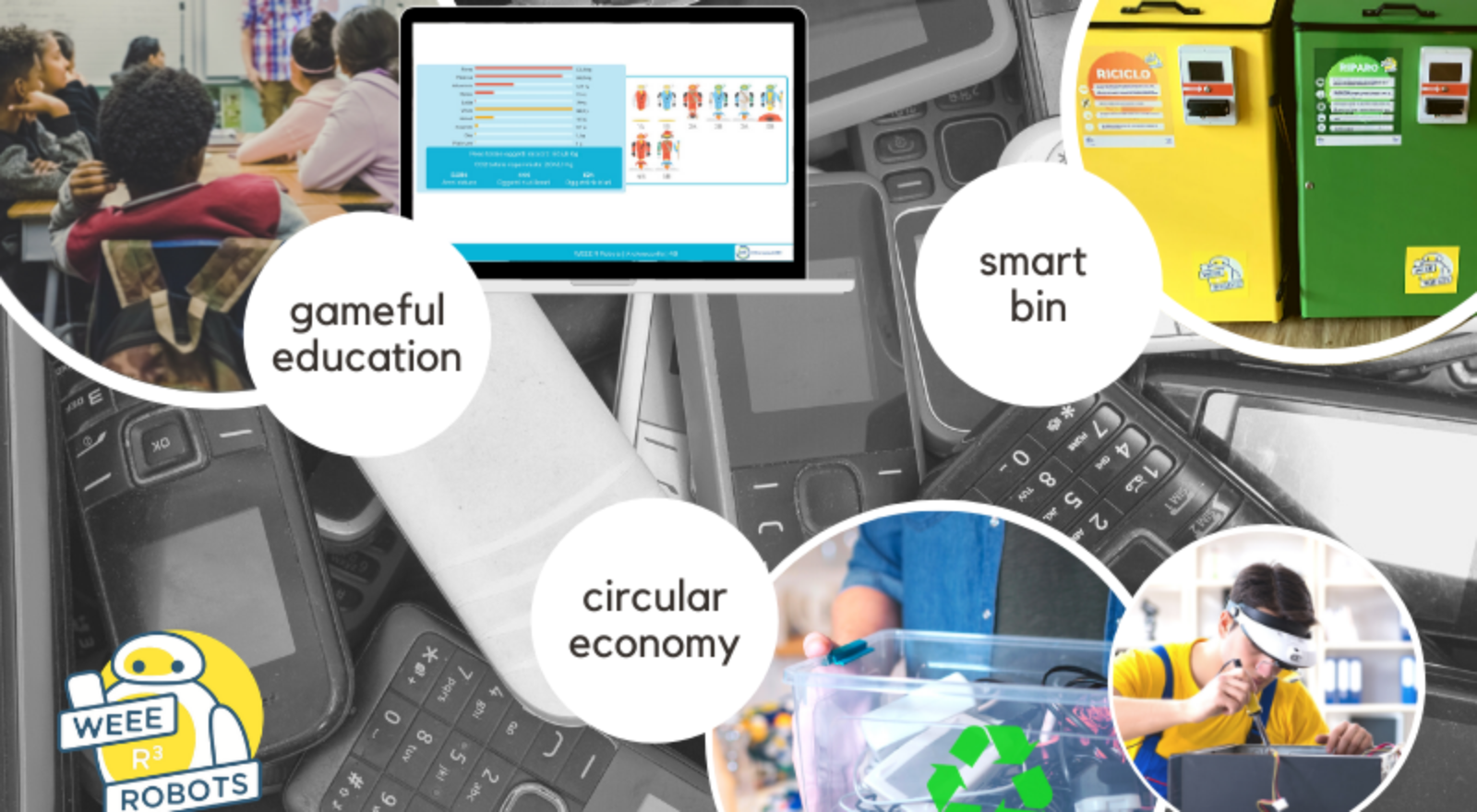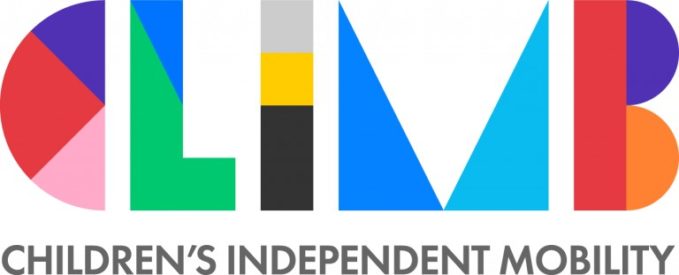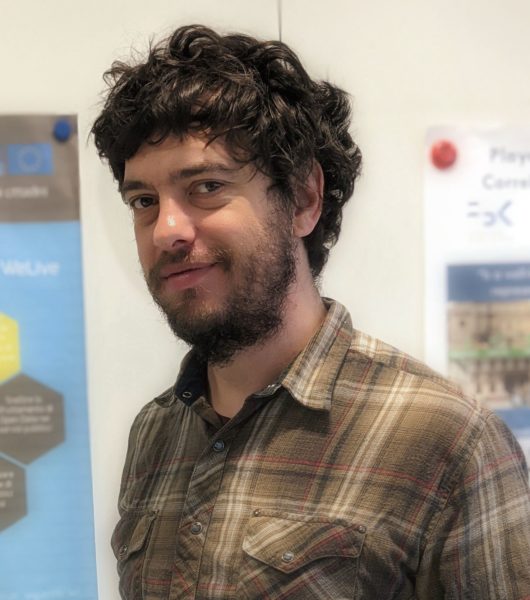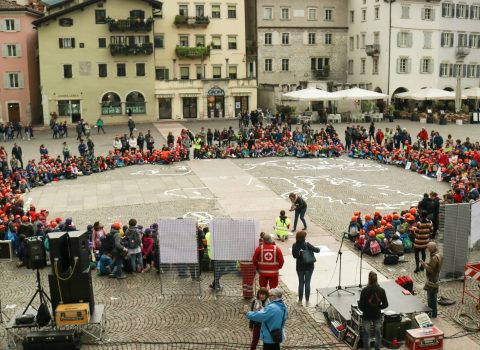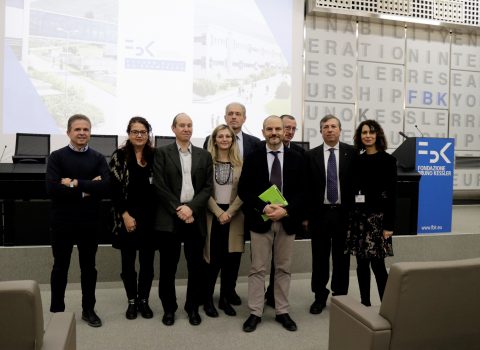Playful learning for Sustainability
The FBK - DIGITAL SOCIETY Research Center is committed to promoting sustainable lifestyles through mobility choices and reuse, reduce and recycle practices. To do this, it develops applications and playful learning programs for schools and local communities
In Homo Ludens (1938), Dutch historian John Huizinga affirmed the importance of games (and rituals) in culture, identifying six characteristics for activities: free, unintentional, immersive, time- and space-constrained, with fixed rules and a social function. Even in the present day, we can identify three key elements of games::
- Dynamics: general elements that shape the experience such as spontaneity, creativity, time and place constraints, emotions, narrative, progression, community.
- Mechanics – Action that lets the game advance such as challenges and rewards.
- Game components: Specific sub-elements such as goals, customization, and content unlocks.
These features interact in gamification, serious games, and playful learning.
Gamification is the application of certain game mechanics (such as experience points with leaderboards and other forms of competition such as badge collecting) to provide extrinsic motivation by offering tangible or intangible rewards, i.e., based on spontaneity, narrative, and immersion. It is used in platforms and apps and, to a lesser extent, in education, to create user engagement. In gamification, visual design is often more important than the game concept. Gaming elements can be added to a learning experience without having to redesign it. It can influence and reinforce the intrinsic motivation that supports and precedes the extrinsic motivation.
Playful learning is an educational approach in which a creative, exploratory, active, and immersive state of being is facilitated. It stimulates the learner’s intrinsic motivations. Learning activities focus on building knowledge or skills in a fun and experiential manner.
With this approach, the FBK DIGITAL SOCIETY research center has developed a series of solutions to stimulate the participation of elementary school children and wider communities with the aim of facilitating the adoption of sustainable lifestyles through playful-educational experiences.
Specifically, the working group’s expertise focused on the development of a “game engine“, a formal model that serves as the digital infrastructure for implementing various theme pathways and related digital tools that contain game dynamics and reward mechanics that guide participants’ choices toward sustainability. The game engine is combined with games and applications that vertically build one community at a time, each one sharing an underlying goal.
This is what happens with projects that promote sustainable mobility.
The most recent applications of the Play&Go model involved the cities of Lecco and Ferrara.
Lecco Play&Go – High School Challenge is a competition between high schools that started on March 26 and has 44 participating classes (almost a thousand students involved).
Ferrara Bike2Work is testing an evolution of Play&Go designed to promote sustainable home-work mobility: the app is used by 55 companies in the city of Ferrara as part of a broader initiative launched by the Emilia Romagna Region.
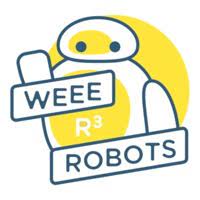
Similarly, in WEEE R robot campaigns, elementary school children collect and sort their used EEE/RAEE at home involving family and friends. At school, thanks to a Web App, all collected items are registered in the Platform and contribute to the accrual of virtual credits.
Compelling challenges, game group building and a clear and shareable common goal are the strengths that, together with fun and usability, allow to gradually accompany significant cultural changes. An example? The reduction by more than half in the use of the car as a means of transport to go to school and the permanence of good new home-school mobility habits in almost 9 out of 10 participants involved six months after the end of the playful learning activities. This and much more is described in detail in the presentation by Matteo Chini, a researcher with the Digital Society Lab who has contributed to the development and constant improvement of the above solutions.
Last but not least, we wish to remind our readers that in the construction of these digital educational tools, specific attention is always paid to prevention “by design” as far as gaming addiction is concerned, by introducing a series of age-based limits.
